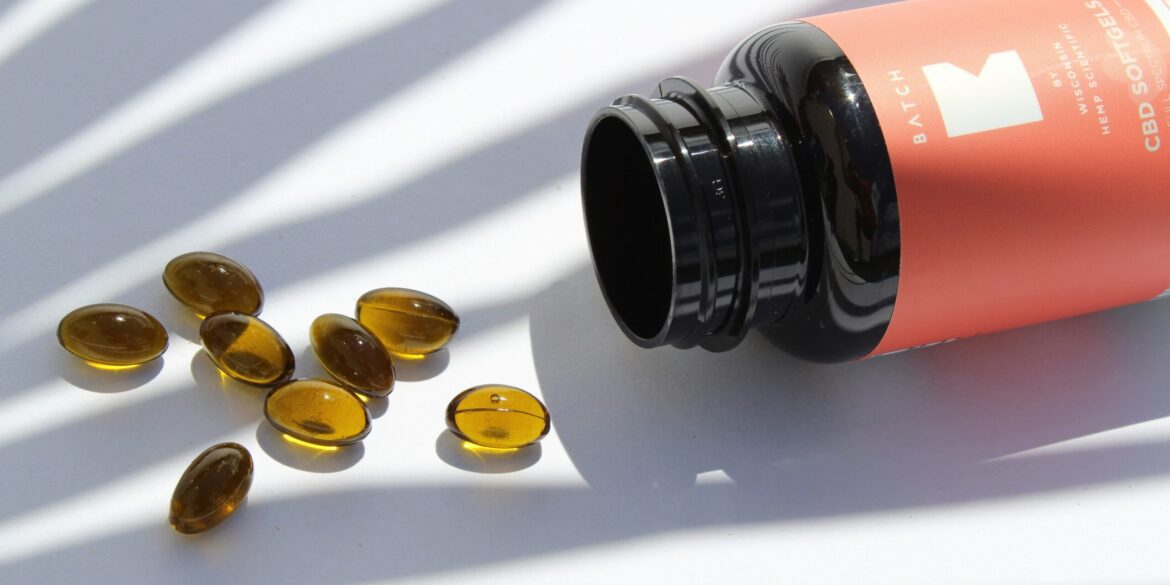A groundbreaking study, published on October 5, 2025, has unveiled the potential of nicotinamide, a form of vitamin B3, to significantly reduce the risk of developing nonmelanoma skin cancers. Conducted as a large-scale research effort, the study found that individuals who took a daily supplement of nicotinamide could reduce their likelihood of developing nonmelanoma skin cancers by up to 54%. This discovery represents a promising preventive measure for individuals at high risk of skin cancer, offering a simple, accessible, and cost-effective intervention in the fight against one of the most common forms of cancer worldwide.
Nicotinamide, also known as niacinamide, is a well-known supplement often used for its positive effects on skin health. For years, it has been a key ingredient in skincare products, prized for its ability to improve the skin’s barrier function, reduce inflammation, and even out skin tone. However, the results of this new study extend its potential benefits beyond cosmetic applications, positioning it as a powerful tool in cancer prevention. The study focused on nonmelanoma skin cancers, which include basal cell carcinoma and squamous cell carcinoma, both of which are highly prevalent but typically less deadly than melanoma. Nonmelanoma skin cancers, however, still represent a major public health challenge due to their high occurrence rates. These cancers are often linked to prolonged exposure to ultraviolet (UV) radiation from the sun, making them a significant concern in regions with sunny climates or for individuals with fair skin who are more susceptible to UV damage.
The study’s findings are particularly impactful because they present a readily accessible preventive strategy that could be widely adopted. Nicotinamide supplements are available over the counter at a relatively low cost, making them an affordable option compared to more complex or invasive cancer prevention treatments. In addition, the simplicity of taking a daily supplement makes it an attractive option for individuals at high risk for skin cancer, including those who have a history of sunburns, frequent sun exposure, or a family history of skin cancer. The ability to reduce the risk of nonmelanoma skin cancers by more than half is an encouraging prospect, offering individuals a practical, non-invasive way to potentially avoid the physical, emotional, and financial toll that comes with skin cancer treatments.
Beyond its direct implications for cancer prevention, the study also highlights the growing importance of integrating accessible, low-cost interventions into public health strategies. Skin cancer prevention is often centered on recommendations for sunscreen use, protective clothing, and avoiding excessive sun exposure. However, these measures are not always followed, particularly in regions where sun exposure is constant or when individuals do not fully understand the risks of UV radiation. A supplement like nicotinamide provides an additional layer of protection, one that can complement other preventive actions and serve as a safety net for individuals who may not always be able to adhere to more traditional sun-safety guidelines.
The study’s results also open the door to further research on nicotinamide’s broader role in skin health and cancer prevention. While the study’s focus was on nonmelanoma skin cancers, researchers are hopeful that nicotinamide’s protective properties could extend to other types of cancer, or that it could be used in combination with other treatments to improve outcomes for those already diagnosed with skin cancer. Ongoing clinical trials and studies will likely explore these possibilities in greater detail, but for now, the findings suggest a powerful tool in reducing the global burden of skin cancer.
This discovery comes at a time when the global health community is increasingly focused on finding cost-effective solutions to cancer prevention. With skin cancer rates rising, especially in sunny regions, finding ways to prevent these cancers before they occur is more crucial than ever. By making simple, effective interventions like nicotinamide supplementation accessible to the general population, we could see a significant reduction in the number of skin cancer cases and, ultimately, save lives.
In conclusion, the study’s findings about nicotinamide provide a ray of hope in the fight against skin cancer. As a low-cost, easily accessible supplement, nicotinamide has the potential to significantly reduce the incidence of nonmelanoma skin cancers, providing individuals at high risk with a simple preventive tool. With further research, this vitamin B3 supplement could become a key part of cancer prevention strategies worldwide, demonstrating how even the most basic interventions can have profound effects on public health.

